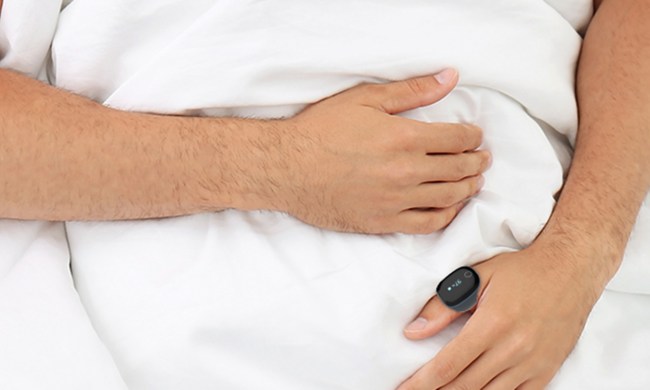In response to a mass shortage of available tests, the Food and Drug Administration (FDA) has authorized a direct-to-consumer test for the coronavirus, officially known as COVID-19.
The test, called Pixel and created by health services giant LabCorp, will be priced at $119 and includes two-way overnight shipping and physician services from PWNHealth.
Tests will be initially made available to health care workers and first responders before others can purchase.

“Our at-home collection kits are designed to make it easier and safer to test health care workers and first responders during this important time,” said Adam Schechter, CEO of LabCorp, in the company’s announcement.

Once the tests become available to regular consumers, you’ll be able to buy the test kit only after a recommendation from your doctor and after answering a questionnaire to determine if you’re eligible to be tested.
If you can take the test, you’ll be sent a test kit to collect your sample via a nasal swab. You’ll then send back your test and access your results online.
Digital Trends reached out to LabCorp to find out how many tests they are making and how quickly people could expect to get their results back after sending samples. We will update this story when we hear back.
It’s important to note that the FDA did not approve the test, but rather, only authorized the test as part of an emergency use authorization given the extreme need for coronavirus testing in the U.S. right now.
“We worked with LabCorp to ensure the data demonstrated from at-home patient sample collection is as safe and accurate as sample collection at a doctor’s office, hospital, or other testing site,” FDA commissioner Stephen M. Hahn said. “With this [authorization], there is now a convenient and reliable option for patient sample collection from the comfort and safety of their home.”
Testing in the U.S. is nowhere near where it needs to be, medical experts say. Microsoft co-founder Bill Gates said that getting the U.S. organized on testing will allow us to overcome the rapid spread of the virus until a vaccine can be made.
For the latest updates on the novel coronavirus outbreak, visit the World Health Organization’s COVID-19 page.



